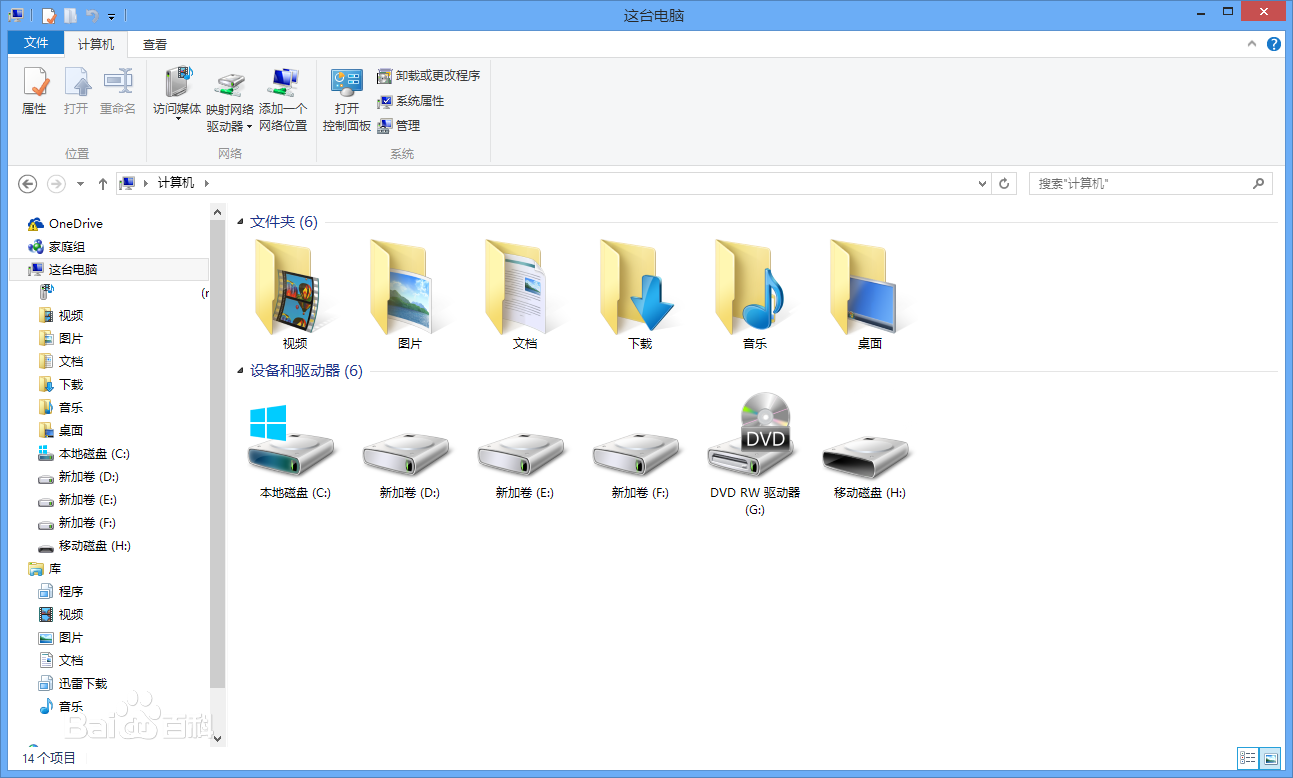Users install many apps on their smartphones, raising issues related to information overload for users and resource management for devices. Moreover, the recent increase in the use of personal assistants has made mobile devices even more pervasive in users' lives. This paper addresses two research problems that are vital for developing effective personal mobile assistants: target apps selection and recommendation. The former is the key component of a unified mobile search system: a system that addresses the users' information needs for all the apps installed on their devices with a unified mode of access. The latter, instead, predicts the next apps that the users would want to launch. Here we focus on context-aware models to leverage the rich contextual information available to mobile devices. We design an in situ study to collect thousands of mobile queries enriched with mobile sensor data (now publicly available for research purposes). With the aid of this dataset, we study the user behavior in the context of these tasks and propose a family of context-aware neural models that take into account the sequential, temporal, and personal behavior of users. We study several state-of-the-art models and show that the proposed models significantly outperform the baselines.
翻译:用户在智能手机上安装了许多应用程序,提出了与用户信息过载和装置资源管理有关的问题。此外,最近个人助理的使用量的增加使得移动设备在用户生活中更加普遍。本文件述及对开发有效的个人移动助理至关重要的两个研究问题:目标应用程序选择和建议。前者是统一移动搜索系统的关键组成部分:一个系统,用统一的访问模式满足用户对安装在其设备上的所有应用程序的信息需求,后者则预测用户希望启动的下一个应用程序。我们在这里侧重于背景认知模型,以利用移动设备现有的丰富背景信息。我们设计了一种现场研究,以收集数千个通过移动传感器数据(现可公开用于研究目的)得到丰富内容的移动查询。借助这一数据集,我们研究用户在这些任务中的行为,并提出一个符合环境认知的神经模型系列,其中考虑到用户的顺序、时间和个人行为。我们研究了几个最新模型,并展示了拟议的模型大大超出基线。



